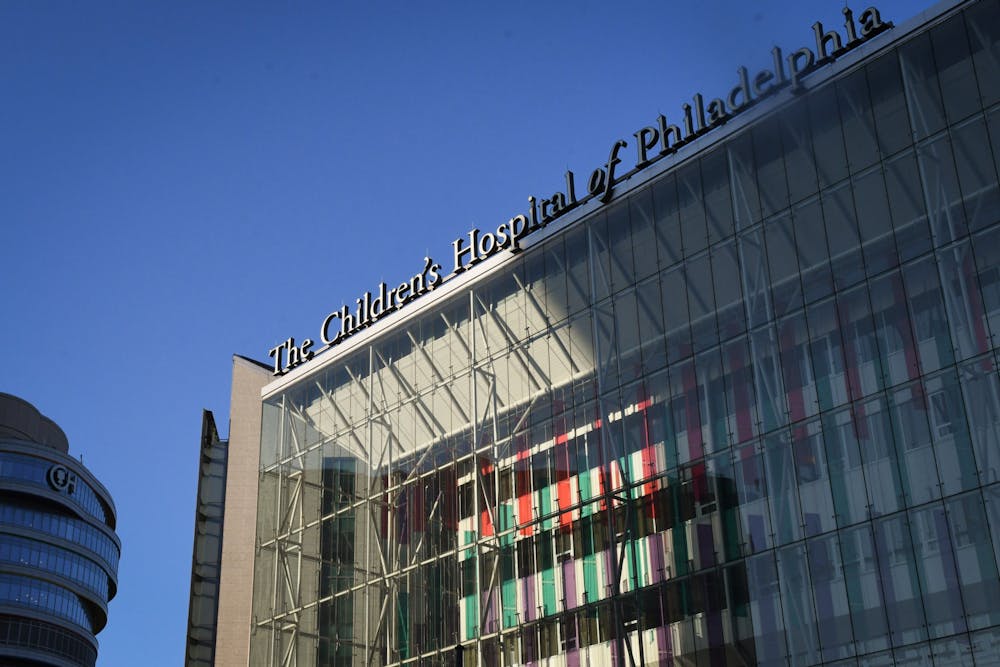
The National Institutes of Health has awarded a $14 million grant to the Perelman School of Medicine and the Children’s Hospital of Philadelphia for gene-editing research.
This funding, provided through the NIH’s Somatic Cell Genome Editing Program, will support gene-editing research aimed at developing treatments for rare metabolic diseases. Researchers will aim to target developing therapies for urea cycle disorders, which affect approximately one in every 35,000 children, according to the Penn Medicine announcement.
Central to the research is a new, more advanced form of CRISPR technology known as prime editing. This technology allows for more precise changes in the genome, allowing for the correction of any genetic mutation rather than simply replacing DNA bases.
With prime editing, there is potential for the personalized treatment of many rare metabolic diseases, including life-threatening disorders like type I citrullinemia, ASA lyase deficiency, and CPS1 deficiency. Prime editing would allow permanent genetic corrections, mitigating previous challenges of the body’s immune response to treatments.
Kiran Musunuru, a professor of cardiovascular medicine and director of Penn Cardiovascular Institute's Genetic and Epigenetic Origins of Disease Program, spoke with Penn Med about prime editing.
“With this technology, we hope to not just manage symptoms, but offer a durable, potentially lifelong cure for these children,” he said.
The SCGE program is specifically designed to tackle diseases resulting from genetic mutations, focusing on developing innovative genome-editing tools and therapies. The four-year grant aims to develop a method that can support the creation of personalized gene-editing therapies for a broad spectrum of rare genetic disorders.
Now entering its second phase, the program is looking to translate gene-editing advancements from the laboratory into clinical practice. During its initial phase, spanning 2018 to 2023, SCGE focused on developing the fundamental tools required for genome editing in non-reproductive cells in the body.
Rebecca Ahrens-Nicklas, an attending physician with the Metabolic Disease Program and the Division of Human Genetics at CHOP, told Penn Med that the program's scope is broader than focusing on one more specific disease.
"We’re focusing on the patient in front of us, whatever variant they have,” Ahrens-Nicklas said. “This approach enables us to treat a wider array of patients who’ve previously had no options.”
Having previously received a grant from the SCGE program, the team is now focused on advancing research toward clinical trials, which it hopes to begin within the next four years.
The Daily Pennsylvanian is an independent, student-run newspaper. Please consider making a donation to support the coverage that shapes the University. Your generosity ensures a future of strong journalism at Penn.
Donate







